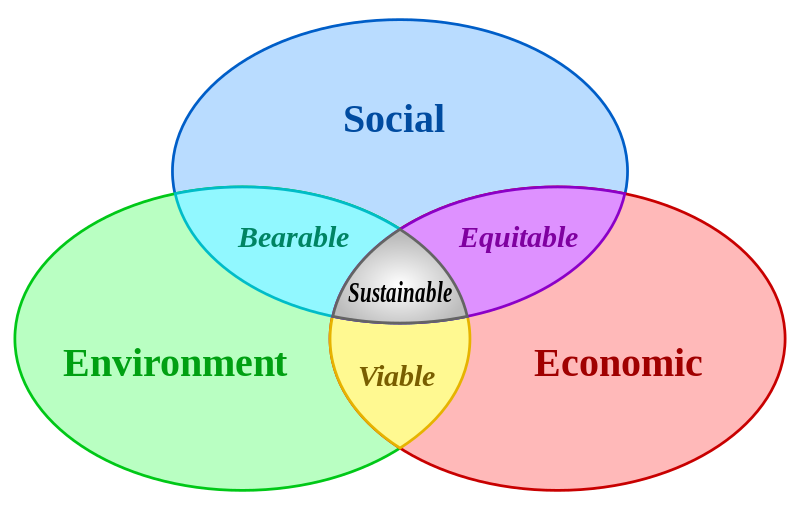Meta Secures Legal Victory in AI Copyright Case Against Authors

In a significant ruling for the artificial intelligence sector, a U.S. district judge has sided with Meta Platforms Inc. in a copyright lawsuit brought by several authors, including well-known figures Sarah Silverman and Ta-Nehisi Coates. The lawsuit, which stemmed from allegations that Meta used their copyrighted books without authorization to train its AI system, Llama, was decided on June 26, 2025, by Judge Vince Chhabria in San Francisco. The authors argued that Meta breached copyright law by utilizing their works without permission, which they claimed undermined their creative rights and economic interests.
Judge Chhabria concluded that the plaintiffs failed to provide sufficient evidence demonstrating that Meta's AI technology would dilute the market for their original works, thus failing to establish that Meta's actions were illegal under U.S. copyright law. The ruling follows a similar decision earlier in the week where another AI company, Anthropic, was found not to have infringed on authors' copyrights, raising further questions about the legal landscape surrounding AI training practices.
Despite the ruling, Judge Chhabria acknowledged the broader implications of AI training methods on the creative industries, stating that while Meta's usage did not constitute copyright infringement in this instance, the use of copyrighted works without permission could indeed be unlawful in other contexts. This nuance highlights the ongoing tension between technology companies and creative professionals as AI systems increasingly rely on vast datasets, which often include copyrighted materials.
The legal framework surrounding copyright and fair use is critical for the development of AI technologies. A spokesperson for Meta emphasized that fair use is an essential legal principle for fostering innovation in AI, asserting that the ruling underscores the need for a clear understanding of how copyrighted works can be utilized in the creation of transformative technologies. In contrast, the law firm representing the authors, Boies Schiller Flexner, expressed disappointment with the outcome, arguing that it overlooked the substantial evidence of Meta’s misuse of copyrighted content.
This case is part of a larger wave of litigation involving various AI companies, including major players like OpenAI and Microsoft, as they navigate the complexities of copyright law in the context of AI technologies. As generative AI continues to evolve, the outcomes of these legal battles could significantly shape the future of intellectual property rights and the balance of interests between creators and technology firms.
Looking ahead, legal experts suggest that the ramifications of this ruling may extend beyond this specific case, potentially influencing future copyright litigation involving AI. The ongoing debate on the intersection of technology and copyright underscores the necessity for updated legal frameworks that can adequately address the unique challenges posed by AI advancements. As the industry continues to grow, the resolution of these legal conflicts will likely play a pivotal role in defining the future relationship between AI technology and traditional creative industries.
Advertisement
Tags
Advertisement





